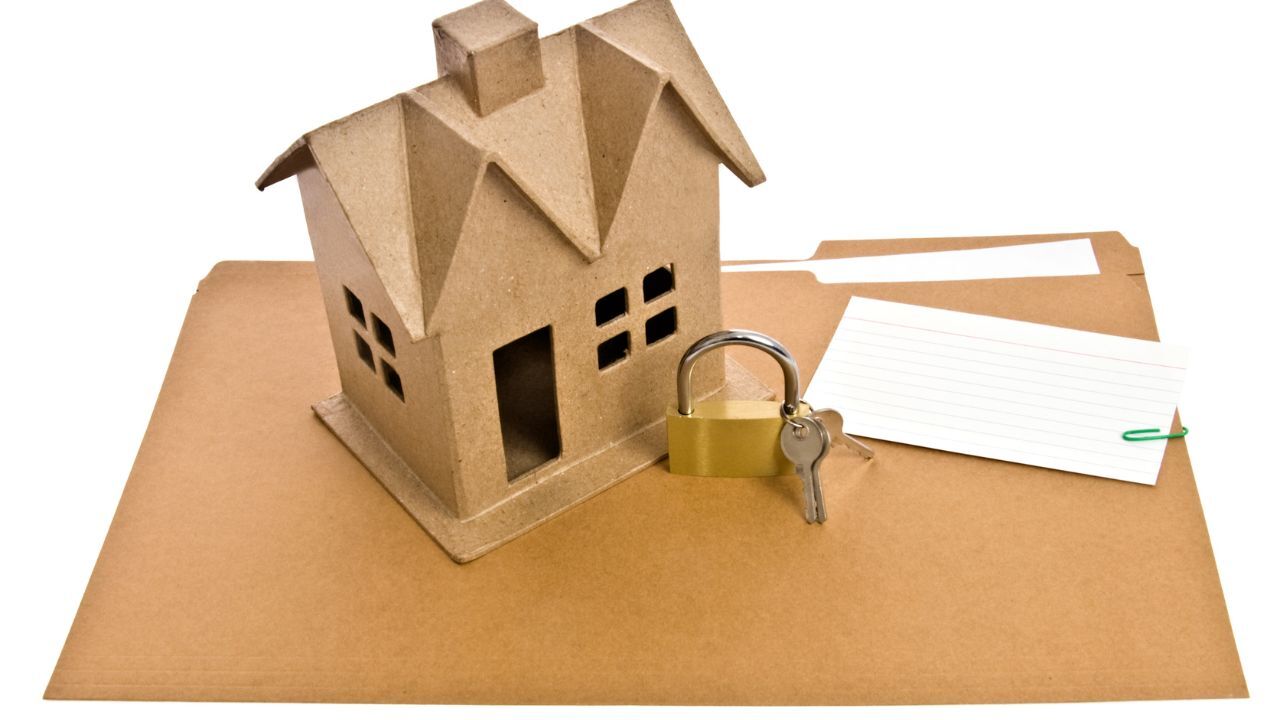 Today, we pause to honor the brave men and women who have served our country. Your courage, sacrifice, and dedication protect the freedoms that allow us all to call this nation home.
Today, we pause to honor the brave men and women who have served our country. Your courage, sacrifice, and dedication protect the freedoms that allow us all to call this nation home.
As a mortgage professional, I am proud to support our veterans and active-duty service members through the VA home loan program.
This incredible benefit helps make homeownership more affordable, with no down payment, no private mortgage insurance, and competitive interest rates.
Thank you to all who have served, and to the families who stand beside you. Your strength inspires us every day. If you are a veteran or service member ready to explore homeownership, I would be honored to help you take that next step.

 Interest rates can fluctuate from one week to the next, and that can have a major impact on your monthly payment and overall loan cost. A mortgage rate lock gives you the ability to secure your interest rate for a set period of time, protecting you from unexpected increases while your loan is being finalized. Understanding how rate locks work can help you choose the right time and terms for your situation.
Interest rates can fluctuate from one week to the next, and that can have a major impact on your monthly payment and overall loan cost. A mortgage rate lock gives you the ability to secure your interest rate for a set period of time, protecting you from unexpected increases while your loan is being finalized. Understanding how rate locks work can help you choose the right time and terms for your situation.